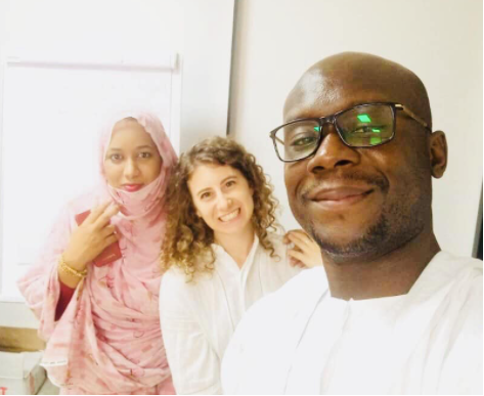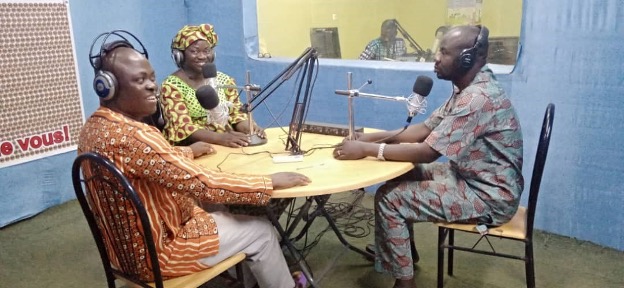Hi there! My name is Daniella Montemarano, and I currently manage the International Republican Institute (IRI)’s violence prevention and mitigation programs in the Sahel and West Africa Littoral States. I’m joined by colleagues Aboudou Berthe, expert in youth development and good governance who serves as the Mali-based Program Director for our Sahel portfolio, and Marian Ware, who guides our portfolio’s Monitoring, Evaluation, and Learning (MEL) activities as a Senior MEL Specialist and political inclusion expert.
First, let’s start with some context: 2020 marked the deadliest year in the central Sahel since the inception of the region’s security crisis with over 2,440 civilian fatalities, indicating a sevenfold increase since 2017. The complex conflicts that have spurred these fatalities originate from a long-term governance crisis whereby the region’s political leaders have consistently failed to meet the needs of their most vulnerable citizens.
Since 2018, we have sought to decolonize MEL practices in our Sahel program by adopting a community-centric data collection and evaluation system. Central to a decolonized MEL approach is the co-leadership of evaluation initiatives with partners to develop the parameters of legitimate research approaches and prioritize community-based expert analysis. Here are two Hot Tips for developing collaborative assessments from a decolonized perspective
Hot Tip #1:
Design Evaluation Interventions in Partnership with Communities Directly Affected by Violence
In 2020, IRI co-led Mauritania’s first youth-driven nationwide conflict assessment with the Youth Mediator for Peace (YMP) Network. IRI and the YMP Network co-designed and conducted 183 in-depth interviews (IDIs) in 13 regions to identify root causes of social conflicts at the waliya (regional) level and evaluate the efficacy of conflict management systems in addressing the violence drivers.

Partnership with the YMP Network yielded clear data quality and thought leadership dividends: the YMP’s analysis of region-specific intercommunal conflicts like farmer-herder disputes in Gorgol leveraged nuance from their direct experiences mediating these disputes. After presenting their findings to Mauritanian government officials, youth program collaborations increased between the Network and government authorities.
Hot Tip #2:
Bypass International Electoral Experts to Partner with Subnational Analysts
In Burkina Faso, subnational electoral violence from both political party disputes and violent extremism threatened the 2020 presidential and legislative elections. To project province-specific violence risks and plan a peace messaging campaign, IRI departed from a standard election assessment practice of hiring international assessors and instead recruited youth analysts based in hotspot provinces of Soum, Passoré, Yatenga, and Ganzourgou.
IRI collaborated with the youth analysts to design and administer 53 IDIs and jointly author the rapid assessment report. While international observers had predicted that the political parties would mobilize state-recruited and traditional vigilante groups to physically intimidate voters before Election Day, the youth assessors spoke directly with political party and vigilante group leaders and accurately predicted that local political activists posed a greater threat to the election. IRI’s social influencer teams subsequently applied the youth analysts’ findings to their messaging strategies operationalized through social media and radio campaigns before, during, and after Election Day.

With the Hot Tips outlined above, IRI and its community partners look forward to continuing to decolonize data supply chains to redress power imbalances between program implementers, regional governments, and partner communities.
The American Evaluation Association is hosting Democracy, Human Rights & Governance TIG Week with our colleagues in the Democracy, Human Rights & Governance Topical Interest Group. The contributions all this week to aea365 come from our DRG TIG members. Do you have questions, concerns, kudos, or content to extend this aea365 contribution? Please add them in the comments section for this post on the aea365 webpage so that we may enrich our community of practice. Would you like to submit an aea365 Tip? Please send a note of interest to aea365@eval.org. aea365 is sponsored by the American Evaluation Association and provides a Tip-a-Day by and for evaluators. The views and opinions expressed on the AEA365 blog are solely those of the original authors and other contributors. These views and opinions do not necessarily represent those of the American Evaluation Association, and/or any/all contributors to this site.
